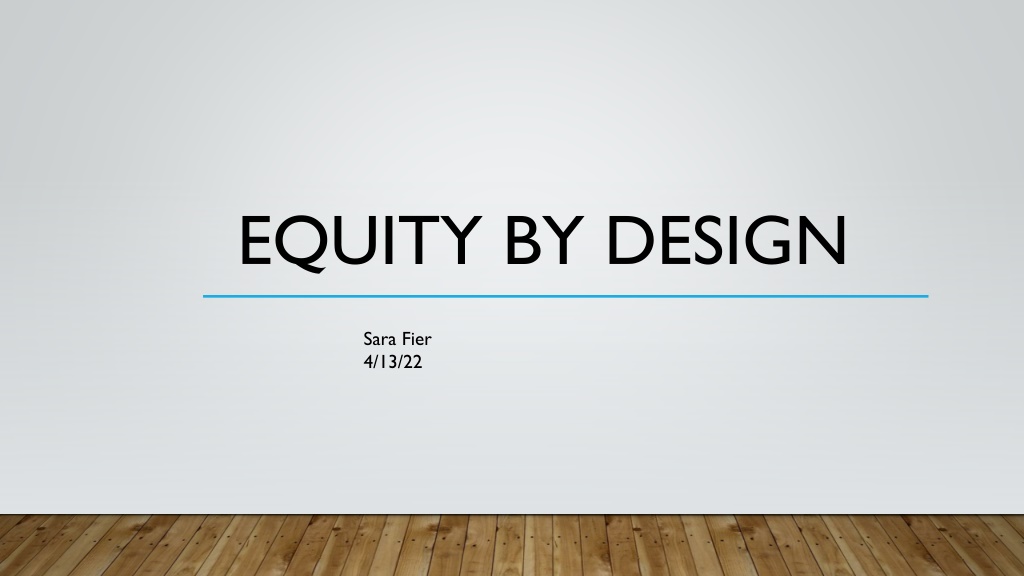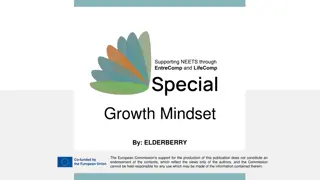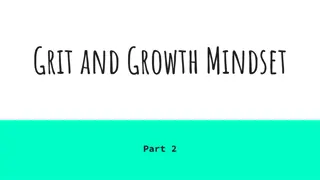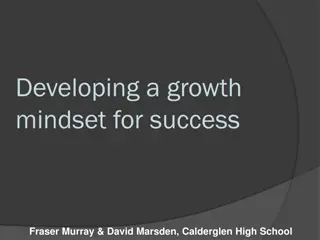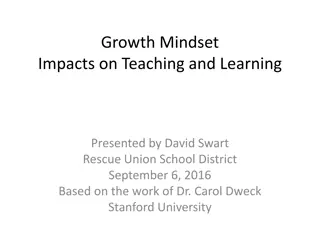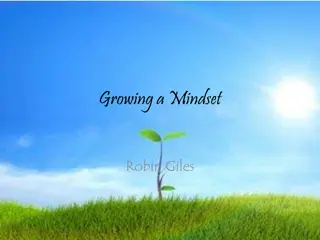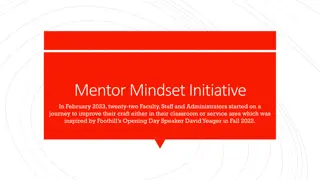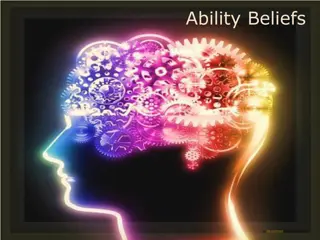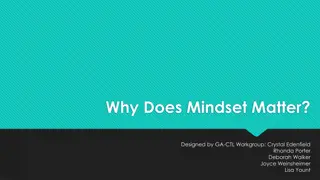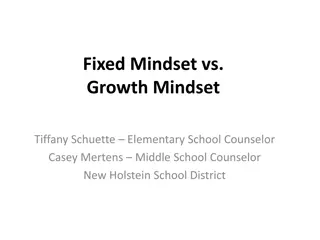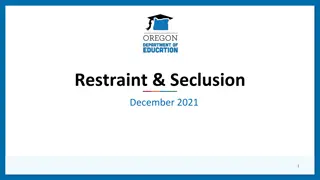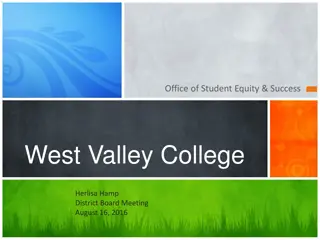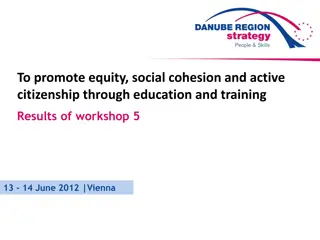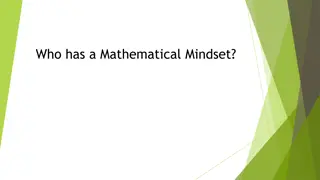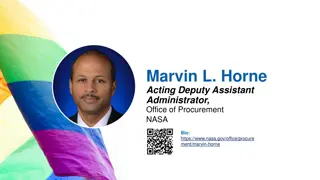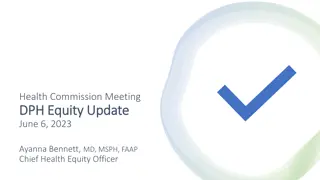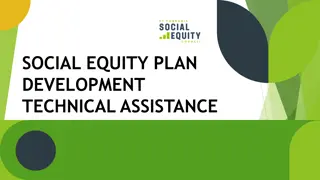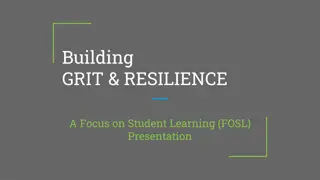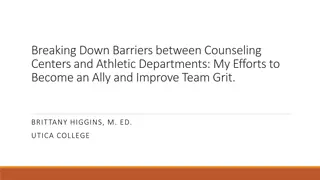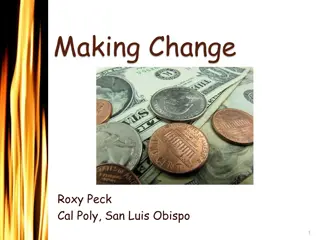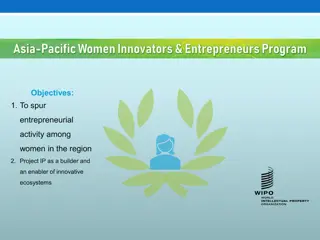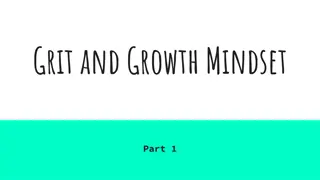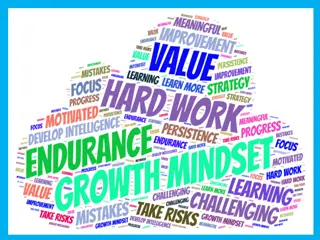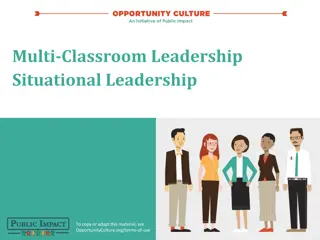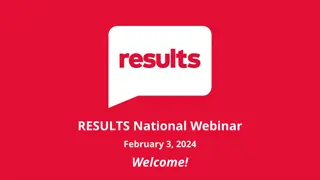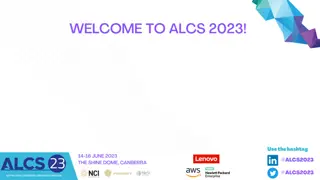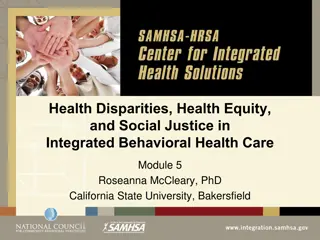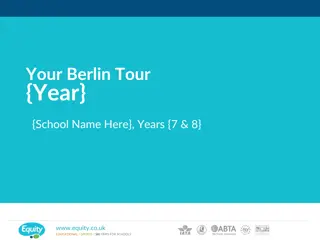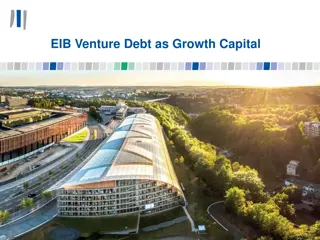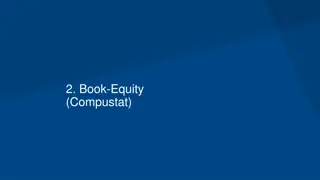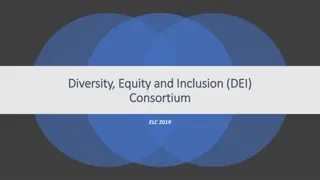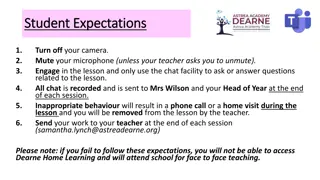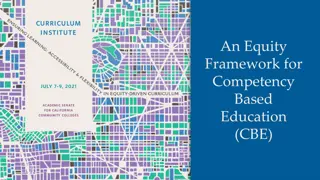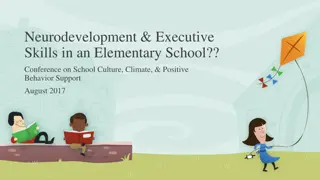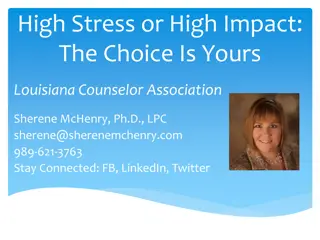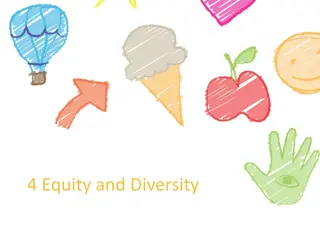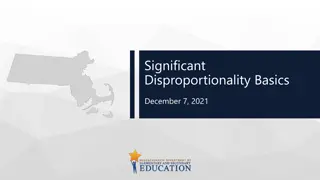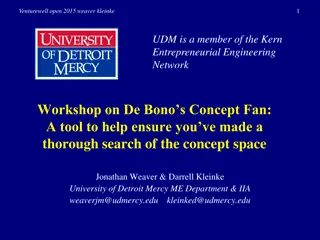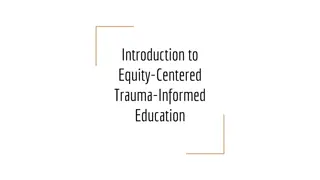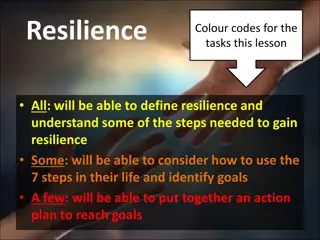Empowering Education Through Equity and Growth Mindset
Embrace an equity-focused approach in education by shifting from deficit thinking to a growth mindset. Take control of your sphere of influence including course design, assignments, and pedagogy. Engage in learning opportunities like anti-racism workshops and inclusive teaching courses to create a more welcoming and supportive educational environment.
Download Presentation

Please find below an Image/Link to download the presentation.
The content on the website is provided AS IS for your information and personal use only. It may not be sold, licensed, or shared on other websites without obtaining consent from the author. Download presentation by click this link. If you encounter any issues during the download, it is possible that the publisher has removed the file from their server.
E N D
Presentation Transcript
EQUITY BY DESIGN Sara Fier 4/13/22
CONSIDERATION OF DATA Finances Professor Mental health Parents Lack of study skills High school University Social media
DEFICIT THINKING Mc Nair (2016). Becoming a Student Ready College (ebook p. 144-145) Students were not well educated in high school The problem is K-12 The community of origin was not college oriented Grade school and middle school teachers didn t lay a good foundation We ve lowered admission standards The home community lacks adequate health care for maternal and child well-being International and immigrant students are culturally unprepared Too many students require remediation They don t read Faculty can t be expected to know how to teach such poorly prepared students
CONSIDERATION OF DATA FOCUS ON YOUR SPHERE OF INFLUENCE What can you personally control/influence? That s where your focus should be. Course design Assignments Grading Syllabus Relationship with students Pedagogy
ADOPT A GROWTH MINDSET (AS OPPOSED TO A FIXED OR DEFICIT MINDSET) We are all always learning, growing and improving We may not be there yet, but we can get there Failure = Learning opportunity Perfection is a myth Set challenging but attainable goals; meet them; set more goals (cycle of continuous improvement)
LEARNING OPPORTUNITIES AASP Anti-Racism Workshop Liberation Psychology: Addressing the Wounds of Racial Trauma Workshop Culturally Responsive Pedagogy-MinnState short course Equity 101-MinnState short course ACUE Course: Creating an Inclusive and Supportive Online Learning Environment ACUE Course: Inclusive Teaching for Online Learning Gardner Institute Socially Just Design in Higher Education webinar series Gendered Racism: Attending to the Needs of Women and Girls of Color Equity and Technology-MinnState short course Professional Certification in College Student Wellbeing, Trauma, and Resilience (Florida State University Course) Anti-Racist Pedagogy-MinnState short course Mental Health First Aid certification course Accessible Digital Media-MinnState short course LOTS OF BOOKS Podcasts Teaching in Higher Ed Code Switch Scene on Radio
EXAMPLES OF THINGS IVE DONE Revised rubrics Growth mindset focus/assignments Audio feedback Learned how to use D2L rubrics Meaningful feedback Very lenient assignment due dates Implemented an assignment on microaggressions Timely feedback Start of class quiz State that I have high expectations, and I know they can reach them Assignment templates Integrated other EI info Final reflective evaluation Permission to share students assignments; provide assignment examples Variety of assignment submission formats Mid-term reflective assignment w/inclusivity assessment Assignment options Writing PowerPoint Audio Video Info about student services on syllabus D2L templates Warm syllabus FAQ forum Welcome (and other) videos
EXAMPLES Assignment Template Warm Syllabus
ADDRESSING BARRIERS TO DOING THE WORK I don t have time Consider it part of doing the necessary work for the classes you teach The way I teach works There are changes to the way work is done over time in every career field (we wouldn t want a doctor or computer programmer to do things the same way they did 10-20 years ago) We need to figure out how to teach to achieve the goals of Equity 2030 Where s the evidence? Ask yourself whether the way you currently teach has the sort of evidence you re looking for If your course has equity gaps, the evidence-based strategies are the best we have, so you may as well try them
